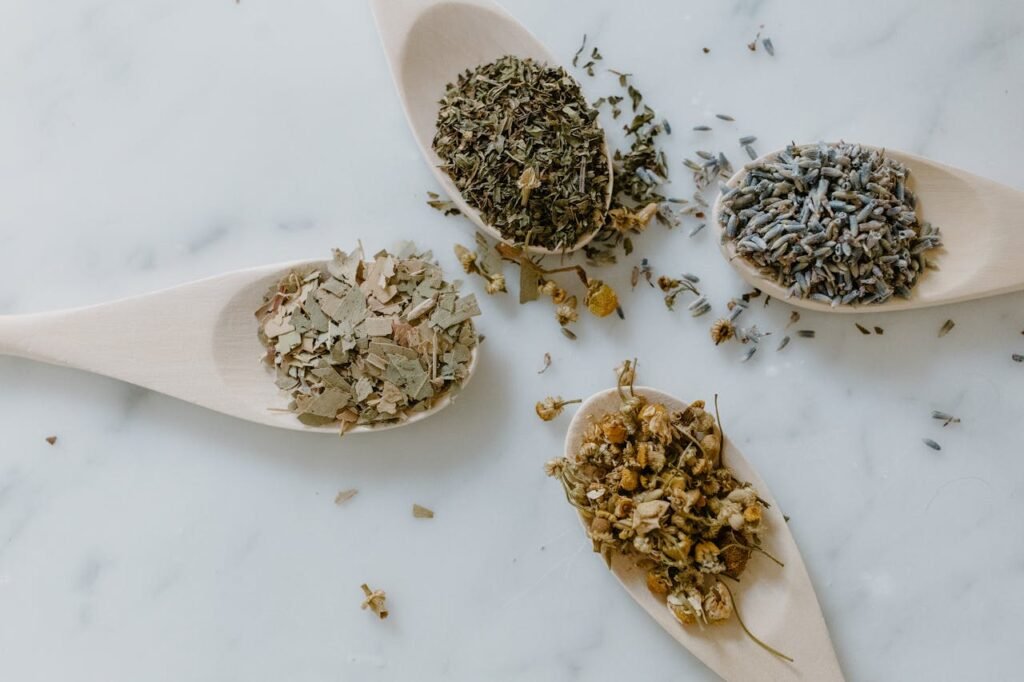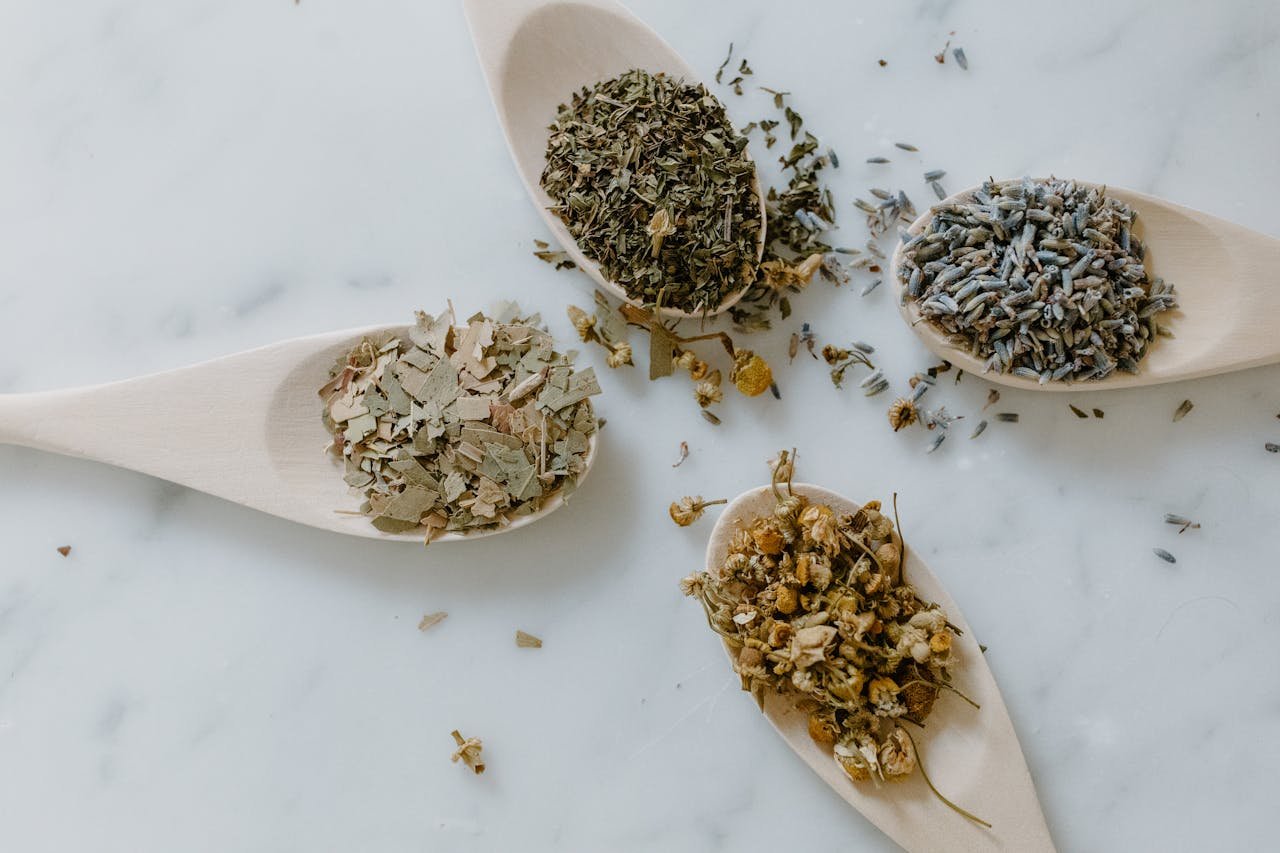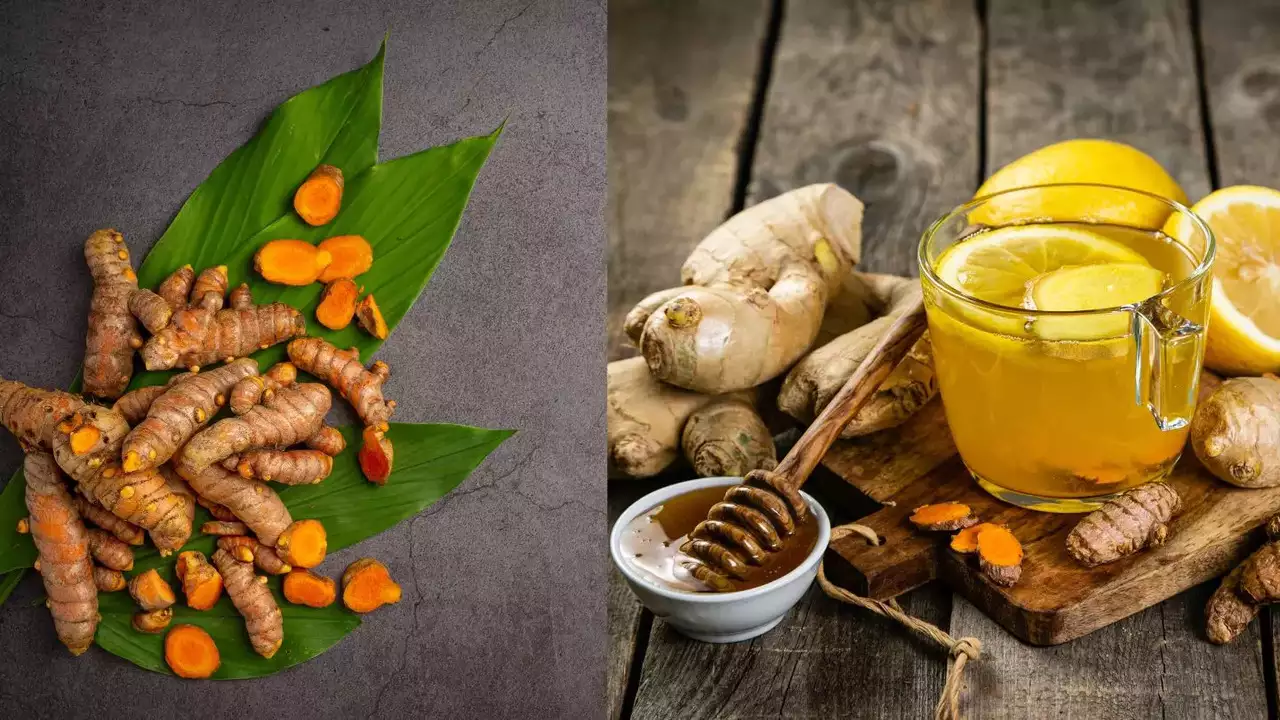When you’re battling a cold or flu, one of the simplest yet most effective remedies is a cup of herbal tea. Not only do herbal teas provide soothing warmth, but they also offer powerful healing properties that can alleviate symptoms like congestion, sore throat, and fatigue. Throughout history, people have turned to herbs to ease the discomfort of seasonal illnesses, and today, science is confirming the benefits of many traditional remedies. By incorporating the right herbal teas into your routine, you can naturally support your body’s healing process.

Herbal teas can do more than just hydrate you—they contain bioactive compounds that reduce inflammation, support immune function, and promote relaxation. Some teas even help loosen mucus, making it easier to breathe and reducing sinus pressure. Whether you’re looking to prevent a cold, shorten its duration, or simply find comfort in a warming brew, there’s a tea for every need. Let’s explore the best herbal teas to sip when cold and flu season strikes.
In this guide, we’ll cover five potent herbal teas and how they work to provide cold and flu relief. We’ll also touch on how to prepare them, making it easy for you to enjoy their benefits right away.
Peppermint Tea: For Sinus and Chest Congestion
Peppermint tea is a popular remedy for colds and flu due to its menthol content, which provides a cooling sensation and helps relieve nasal congestion. Menthol acts as a natural decongestant by relaxing the muscles of the respiratory tract and loosening mucus, making it easier to breathe.
Benefits of Peppermint Tea for Cold and Flu Relief:
- Clears Sinus Congestion: The menthol in peppermint opens the nasal passages, providing immediate relief from stuffiness and sinus pressure.
- Soothes Sore Throat: The natural anti-inflammatory properties in peppermint help reduce swelling in the throat, making it easier to swallow.
- Reduces Coughing: Peppermint’s antispasmodic effects can help calm coughs associated with colds and flu.
How to Make Peppermint Tea:
- Boil a cup of water and pour it over a teaspoon of dried peppermint leaves or a peppermint tea bag.
- Let it steep for 10 minutes, allowing the essential oils to release.
- Inhale the steam while sipping for added sinus-clearing benefits.
For those looking for a refreshing yet medicinal tea, peppermint provides fast relief without the need for over-the-counter decongestants.
Ginger Tea: For Sore Throat and Inflammation
Ginger tea is another powerhouse when it comes to combating cold and flu symptoms. It’s known for its ability to soothe sore throats, reduce inflammation, and promote healthy digestion. Ginger contains gingerol, a compound with strong anti-inflammatory and antioxidant effects that can shorten the duration of your cold or flu.
Benefits of Ginger Tea for Cold and Flu Relief:
- Anti-Inflammatory: Gingerol helps to reduce inflammation in the throat and respiratory tract.
- Boosts Immunity: Ginger can enhance the body’s immune response, helping to fight off viruses.
- Relieves Nausea: If your cold or flu comes with digestive upset, ginger is one of the best natural remedies for calming the stomach.
How to Make Ginger Tea:
- Slice fresh ginger root into thin pieces (about 1-2 inches in length).
- Boil the ginger slices in water for 10-15 minutes.
- Strain and add honey and lemon for added soothing effects.
Ginger tea’s warmth and spiciness can cut through the chills of illness, providing relief that’s both immediate and long-lasting.
Elderberry Tea: For Immune Support
Elderberries have been used for centuries to treat cold and flu symptoms due to their strong antiviral properties. Elderberry tea works by reducing the severity and duration of flu symptoms, including fever, headache, and fatigue. The high concentration of flavonoids in elderberries boosts immune function and prevents viruses from replicating.
Benefits of Elderberry Tea for Cold and Flu Relief:
- Fights Viruses: Elderberries contain potent antiviral compounds that can help stop cold and flu viruses in their tracks.
- Reduces Duration of Illness: Clinical studies show elderberry can shorten the duration of flu symptoms by several days.
- Rich in Antioxidants: Elderberries are packed with antioxidants that help your body recover faster from illness.
How to Make Elderberry Tea:
- Simmer 1-2 tablespoons of dried elderberries in water for 10 minutes.
- Strain and sweeten with honey for taste, as elderberries can be slightly bitter.
- Drink 2-3 times a day during flu season for optimal immune support.
Elderberry tea is an essential remedy for anyone wanting to enhance their body’s defenses against viral infections.
Chamomile Tea: For Rest and Relaxation
Chamomile tea is well-known for its calming effects, making it the perfect tea to sip when you’re feeling under the weather. It helps you sleep better, which is crucial when your body needs rest to recover. Chamomile also has mild anti-inflammatory and antioxidant properties, which can ease cold and flu symptoms.
Benefits of Chamomile Tea for Cold and Flu Relief:
- Promotes Sleep: Chamomile naturally relaxes the nervous system, helping you fall asleep faster and improving sleep quality.
- Soothes Sore Throat: The mild anti-inflammatory effects of chamomile can ease throat discomfort.
- Reduces Anxiety: Chamomile’s calming properties can relieve anxiety and stress, both of which can weaken the immune system.
How to Make Chamomile Tea:
- Boil water and pour it over dried chamomile flowers or a chamomile tea bag.
- Steep for 5-10 minutes to release the calming oils.
- Add honey or lemon to enhance the tea’s soothing effects.
Chamomile tea is perfect for the end of the day when your body needs rest and recovery.
Licorice Root Tea: For Cough and Mucus
Licorice root is a powerful herb for fighting cold and flu symptoms, particularly coughing and excessive mucus. Licorice contains glycyrrhizin, a compound that soothes irritated throats, reduces inflammation, and acts as a natural expectorant, helping to clear mucus from the lungs.
Benefits of Licorice Root Tea for Cold and Flu Relief:
- Soothes Coughs: Licorice root naturally calms coughs by coating the throat with a protective film.
- Reduces Mucus Production: The tea helps thin and loosen mucus, making it easier to expel.
- Supports Lung Health: Licorice root has been used traditionally to treat respiratory infections and bronchitis.
How to Make Licorice Root Tea:
- Boil a teaspoon of dried licorice root in water for 10-15 minutes.
- Strain and drink warm, optionally adding honey for additional throat-soothing benefits.
- Avoid overconsumption, as licorice can raise blood pressure in large amounts.
Licorice root tea is a go-to remedy for those suffering from persistent coughs or chest congestion during cold and flu season.
Conclusion
Herbal teas are a safe, effective, and comforting way to relieve cold and flu symptoms. Whether you’re battling a sore throat, cough, or sinus congestion, there’s an herbal tea that can help. Incorporating peppermint, ginger, elderberry, chamomile, and licorice root teas into your routine not only brings comfort but also supports your body’s natural ability to heal.
As you prepare for cold and flu season, consider stocking your pantry with these immune-boosting herbal teas. With their natural healing properties, you can fight off symptoms and recover faster, all while enjoying a soothing cup of tea.









